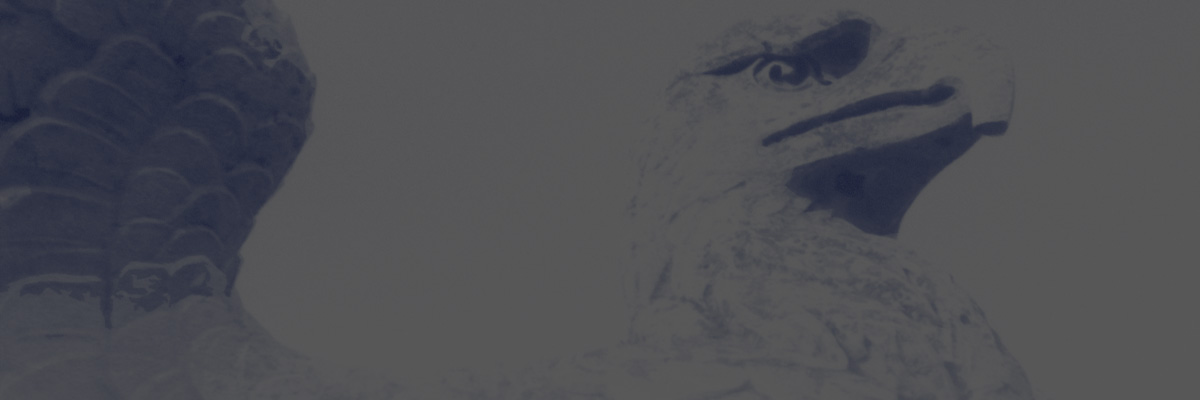Kerri McIntire .
Publication Date: November 26, 2010
On November 26, 1883, a unique voice in the struggle for human equality and freedom was quieted. Graciously, that voice was not cut short, but allowed to wander over a long, rich lifetime. Sojourner Truth lived until the age of about 86, her exact birth date in 1797 being obscured by the fact that she was born as “property” and not as a person whose nativity warranted note.
By 1826, “Isabella” – her original name – had reportedly born five children, one of whom died in infancy. She escaped from her New York owners that same year, taking her youngest child, Sophia. It wasn’t until 1843, at the age of 46, that she took the name Sojourner Truth. She began associating with such abolitionists as William Lloyd Garrison and Frederick Douglass. In 1851 she travelled to Rochester, NY, where she stayed with Amy Post, a leader of the Underground Railroad. That May, she attended a women’s rights convention in Akron, Ohio, where Frances Gage recorded a speech she gave. That speech, her most famous, was called “Ain’t I a Woman?”
“Well, children, where there is so much racket there must be something out of kilter. I think that ‘twixt the negroes of the South and the women at the North, all talking about rights, the white men will be in a fix pretty soon. But what’s all this here talking about?
That man over there says that women need to be helped into carriages, and lifted over ditches, and to have the best place everywhere. Nobody ever helps me into carriages, or over mud-puddles, or gives me any best place! And ain’t I a woman? Look at me! Look at my arm! I have ploughed and planted, and gathered into barns, and no man could head me! And ain’t I a woman? I could work as much and eat as much as a man – when I could get it – and bear the lash as well! And ain’t I a woman? I have borne thirteen children, and seen most all sold off to slavery, and when I cried out with my mother’s grief, none but Jesus heard me! And ain’t I a woman?
Then they talk about this thing in the head; what’s this they call it? [Member of audience whispers, “intellect.”] That’s it, honey. What’s that got to do with women’s rights or negroes’ rights? If my cup won’t hold but a pint, and yours holds a quart, wouldn’t you be mean not to let me have my little half measure full?
Then that little man in black there, he says women can’t have as much rights as men, ’cause Christ wasn’t a woman! Where did your Christ come from? Where did your Christ come from? From God and a woman! Man had nothing to do with Him.
If the first woman God ever made was strong enough to turn the world upside down all alone, these women together ought to be able to turn it back, and get it right side up again! And now they is asking to do it, the men better let them.
Obliged to you for hearing me, and now old Sojourner ain’t got nothing more to say.”**
But Sojourner did have more to say, and she continued to speak out against racial and gender injustices for another thirty plus years. She had audiences at the White House with two presidents, Lincoln and Grant, and in 1870 she appeared in the US Senate chamber, where Senators signed her Book of Life. Women of such tenacity and character were a novelty, and Sojourner was accused of being a man in disguise. Once in 1858, at a gathering in Silver Lake, Indiana, she exposed her bare breast to refute the rumors.
She continued her travels well into her mid-eighties, but was finally bedridden at her Michigan home with leg ulcers in July of 1883. She was treated by Dr. John Harvey Kellogg of the Battle Creek Sanitarium, who is said to have grafted some of his own skin onto her leg. When she passed on that fall, she was buried at the Oak Hill Cemetery next to her grandson, Sammy Banks. Sammy was the son of Elizabeth, who was one of those many children Sojourner had seen sold off to slavery. Driven by a mother’s grief, she ministered to a nation wounded by the lash of prejudice.
** Sojourner Truth’s speech courtesy of the SoJust website, a self-described “ever-growing collection of historic speeches, songs, poetry, and essays on human rights and social justice.” Other social justice speeches can be found at: sojust.net/speeches.html
Feature Image Credit: Library of Congress
